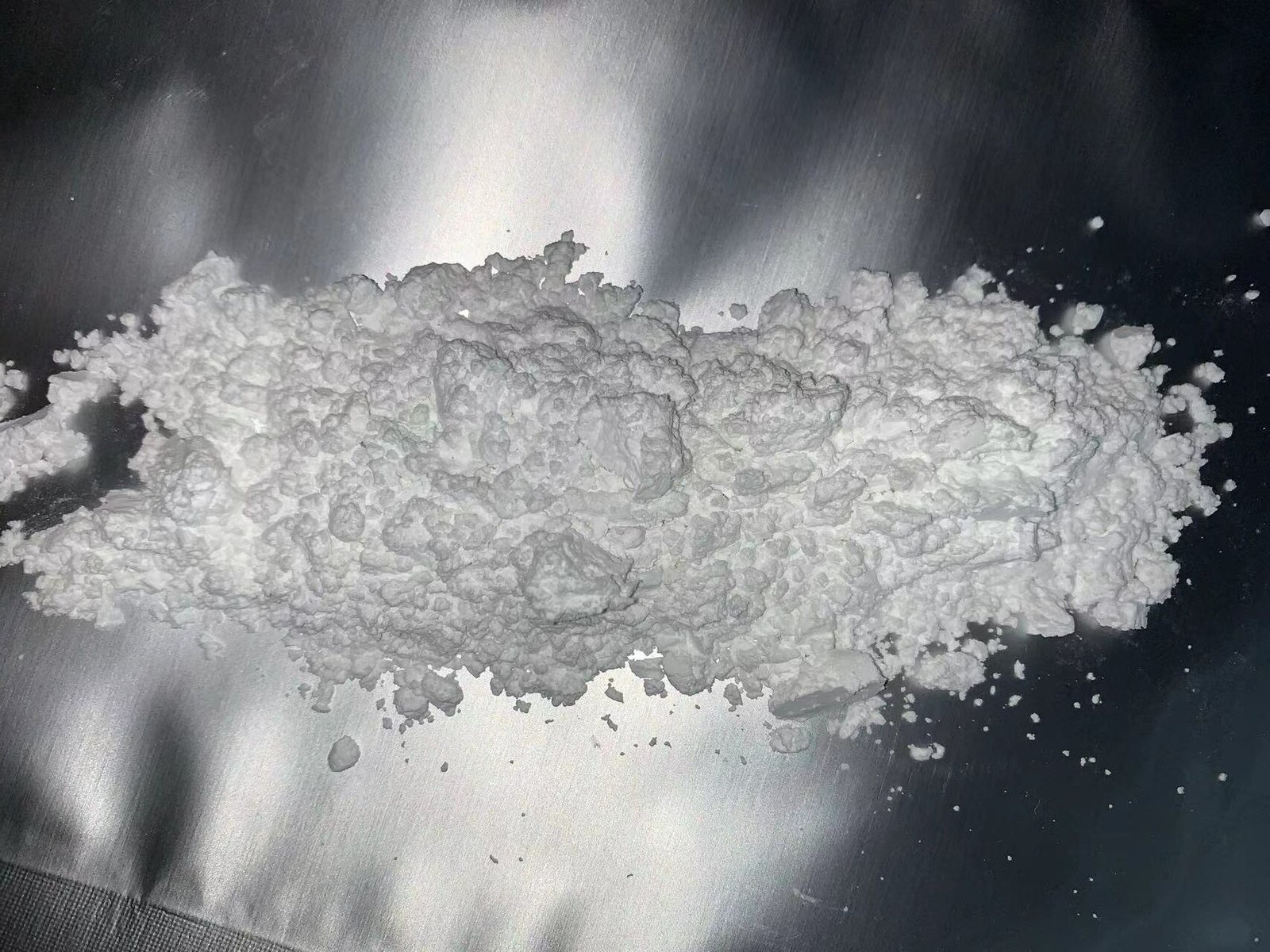
Barium Carbonate (BaCO3) is a white crystalline compound formed by the reaction between barium chloride and sodium carbonate. It is widely used in various industries due to its unique properties, including exceptional thermal stability, high density, and chemical inertness. This article aims to provide an overview of the applications, advantages, and varieties of barium carbonate.
Applications:
Barium Carbonate has a diverse range of applications in several sectors, including the following:
1. Glass Industry: Barium Carbonate is used in the manufacturing of specialty glass, such as cathode-ray tube glass, optical glass, and heat-resistant glass.
2. Ceramic Industry: It is used in ceramic glazes and electrical insulators due to its low shrinkage and high dielectric constant.
3. Chemical Industry: Barium Carbonate is used in the production of barium salts, catalysts, pigments, and drugs.
4. Explosives Industry: It is used as an oxidizer in the manufacture of fireworks and pyrotechnics due to its high heat capacity and low sensitivity to shock and friction.
Advantages:
Barium Carbonate has several advantages over other compounds, including:
1. High Purity: Barium Carbonate has a high level of purity, making it ideal for applications that require a low level of impurities.
2. Superior Thermal Stability: It can withstand high temperatures, making it ideal for use in high-temperature applications.
3. High Chemical Inertness: It is highly unreactive, making it suitable for use in harsh chemical environments.
Varieties:
Barium Carbonate is available in two forms: natural and synthetic. Natural barium carbonate is obtained from witherite, which is a mineral that occurs naturally in various regions worldwide. Synthetic Barium Carbonate is produced in large quantities through chemical reactions between barium sulfide or barium chloride and sodium carbonate.
Conclusion:
Barium Carbonate is a versatile compound with numerous applications in various industries. Its exceptional thermal stability, high density, and chemical inertness make it the perfect choice for applications that require these properties. Its two varieties, natural and synthetic, make it more accessible to obtain, and it has become one of the most critical chemicals in today’s global market.
